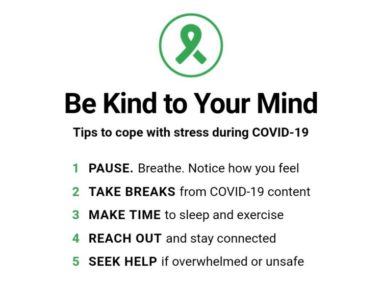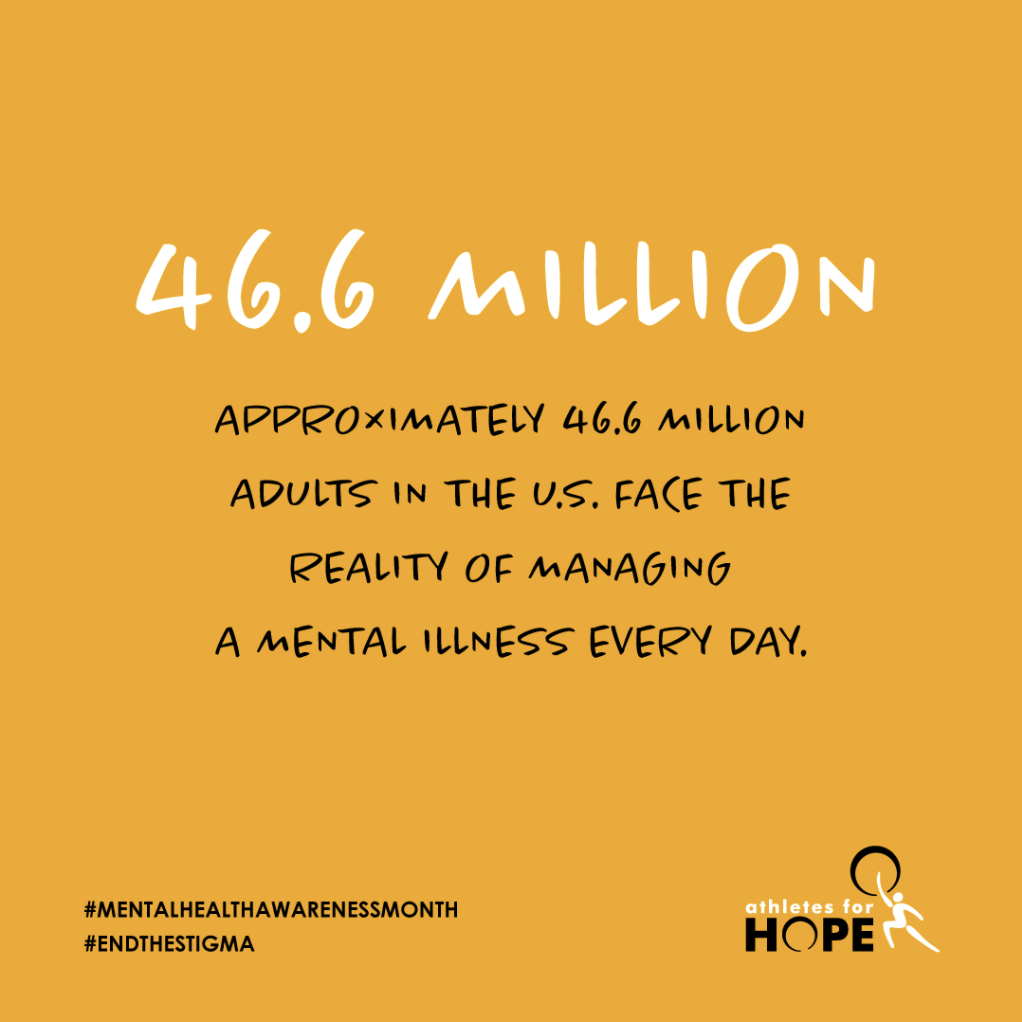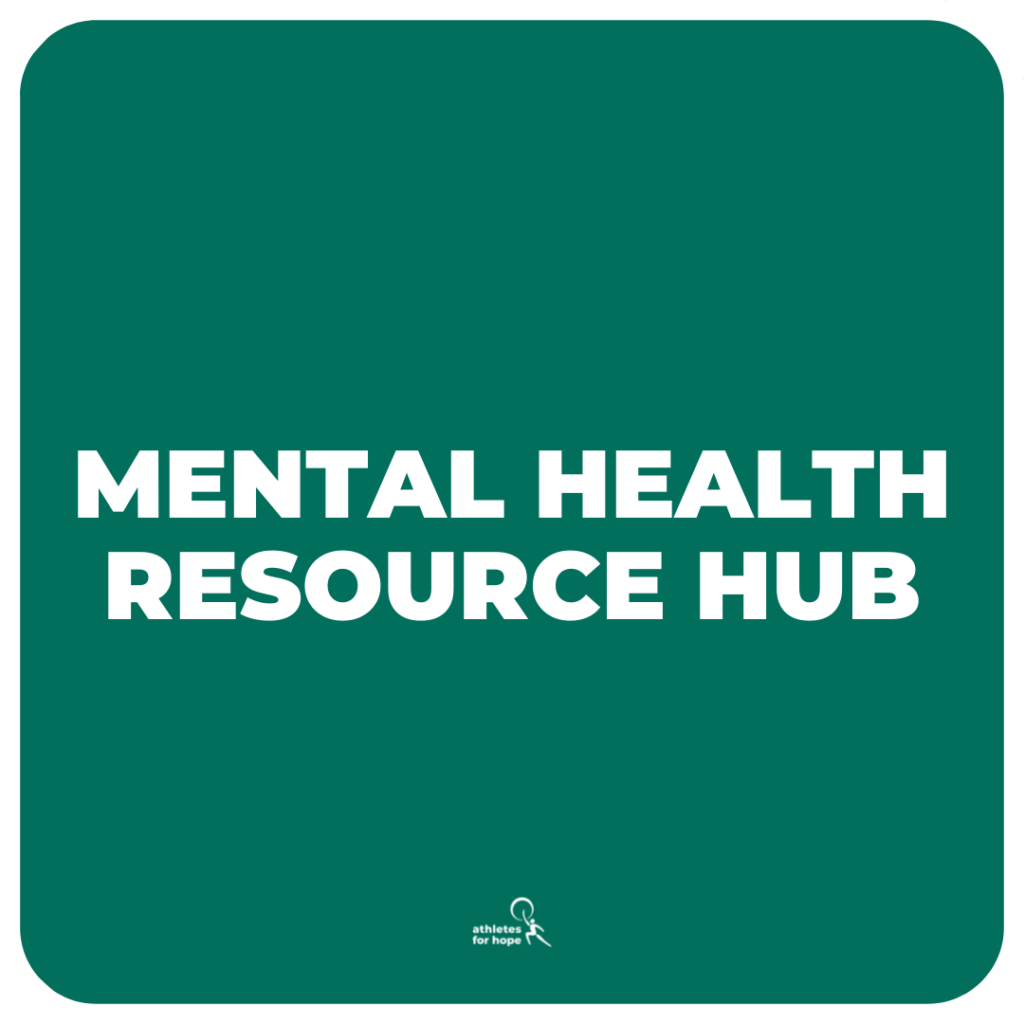The Whole Being Athlete Series is a platform for athletes to share their stories about their own mental health journey. Please be advised the following article contains mental health content that may be triggering to some. If someone you know is struggling with their mental health, please call the National Alliance on Mental Illness (NAMI) hotline 1-800-950-NAMI (6264) M-F 10am-8pm Eastern or info@nami.org.
Why Mental Health Matters
by Mariah Parsons, Notre Dame Rowing ’21
I am beyond grateful for all the opportunities I have been given and woefully aware of how many people have helped me become better versions of myself every day. That being said, it hasn’t been a smooth process. There were days or even several months where I had no desire to go to practice, to class, to lift, to that party, to that interview, to that meeting. I really started to struggle maintaining my mental health sophomore year. We were doing selection work for competition when I broke my rib. My injury, along with challenges in my personal life, was the perfect storm to destroy my mental health.

I became frustrated with my own body and its inability to function without pain let alone perform at the collegiate level. It drove me to an internal scrutiny that I had never felt. I tore myself apart from all angles and refused to ask for help, mostly out of my own stubbornness and independence. But, I also felt the unspoken pressure to be gritty, tough, and to ‘dig deep’ and push back through it all. That’s what we do when racing, so that mentality of getting after it bled into all areas of my life. There was no mental relief from myself or the fact that I felt useless to my team. I felt I had gone from being at my strongest to my weakest and all it took was a millisecond snap of a rib. My perception was that the rehab I was doing wasn’t as important as the intense hard work my teammates were doing. I felt cast aside and forgotten about even though I was still present in the erg room. I felt alone and invisible in a room full of my teammates.
Those days still resurface every now and then and to this day I still regret being so stubborn for so long and not reaching out to a professional sports psychologist earlier. But, if it wasn’t for my teammates, I don’t think I would have ever felt better. A few of my teammates who had gone through or were going through similar situations took me under their wing and showed me the hope I’d lost. If you or someone you know is struggling in a similar way, my best advice would be to rely on your support system and that it’s okay to rely on them heavily. I used to think asking for help was weak, shameful, and selfish, but I’ve since learned asking for help welcomes a deeper relationship. Because of my own journey with mental health and my constant struggle to open up I have challenged myself to start a platform, called Learn 2 Listen, for anyone to share their story in an effort to end the stigma of silencing our mental health stories. Through this process of forcing myself to write and talk about my own struggles I have been embraced by family, friends, and strangers in a way that was a huge relief to me.

With any type of performance-based task, such as athletics, we have this notion that showing vulnerability is a weakness. We see in movies the superhero struggles to have loved ones because that is a vulnerability that the enemy can exploit, it becomes a weakness to show emotion and struggle. In athletics, there’s this unspoken acceptance from coaches and teammates that if we aren’t mentally strong, we are not as good of an athlete, but this should not be the case. We’re taught to push the pain away, to dig deep, and perform even when every muscle fiber is screaming to stop and every brain cell is on exhaust and to shut the emotions out. When an athlete hits a personal record and overcomes this physical challenge, we admire this accomplishment, but the same outlook is not mirrored when it comes to mental health.
This is what I hope will change as society opens up about our vulnerabilities, because we all have them. I hope we commend each other for their bravery and perseverance to work on their mental health and happiness. I hope we admire each other when we finally get to where we want to be in our life. I hope we change the narrative of mental health and instead of viewing these challenges as weakness, we admire the person’s effort to do their best each and every day.



